Older Dog Attacking New Puppy – What to do When Older Dog Attacks New Puppy?
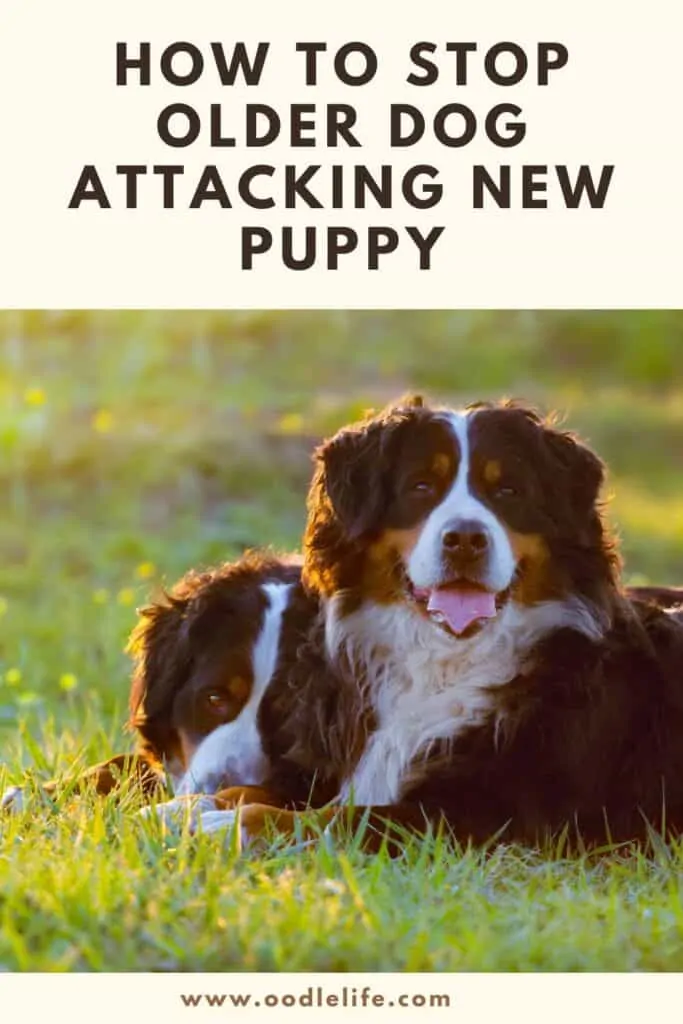
For many a dog lover, one dog often just isn’t enough. Unfortunately, sometimes when they bring a new puppy home, they often encounter problems with their old dogs. In fact, there have been plenty of people around me who have had (according to them, at least) to give up the new puppy because their old dog just didn’t let the poor thing breathe.
When I find out about their problem of an older dog attacking new puppy, my question is always, “are you sure you did everything you could?
The responsibility for two dogs learning to live together lies with us.
Look, I want you to understand that I’m not asking this is out of malice. I’m not shifting the blame to you to make you feel bad. But it is our job make these two dogs get along.
I’m sure you’re excited about your new family member, and even the thought of having to give them up hurts. But here’s the thing: you might be giving up far too quickly.
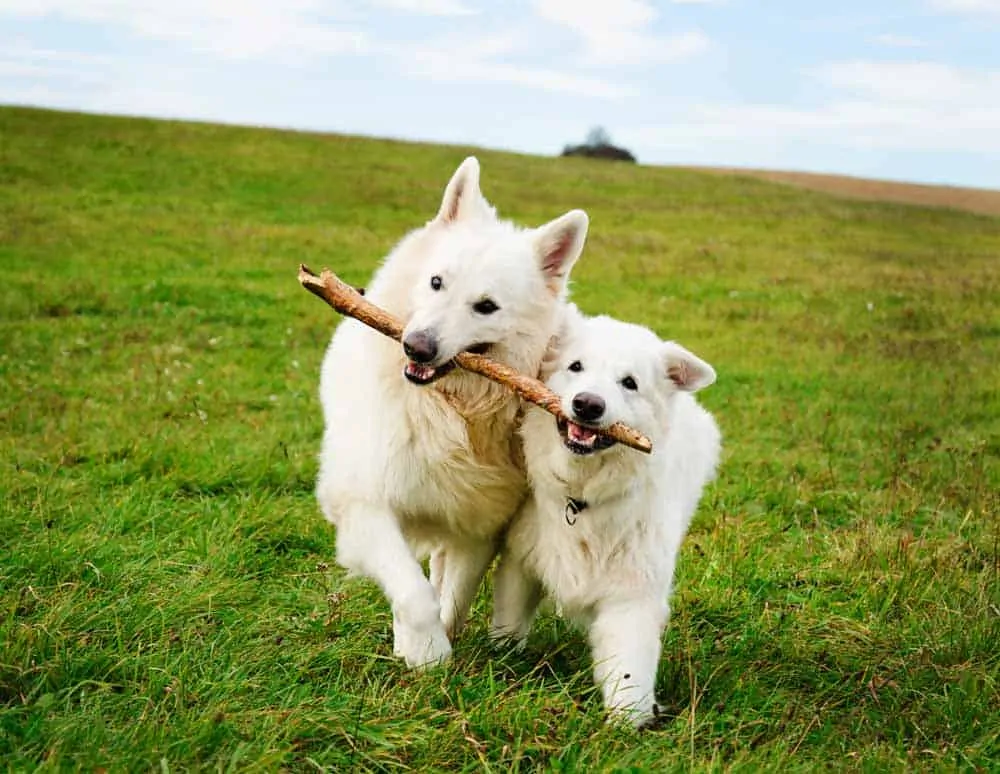
First things first: are you sure the older dog is attacking the puppy?
Sometimes what we perceive as aggression is absolutely in line with typical dog behavior.
Your older pet has boundaries – like every other living creature, including yourself – and the new puppy doesn’t know about them! It will take time for him to learn about them and correct their behavior accordingly – and they cannot do that unless your older dog lets them know.
So it’s normal for the older dog to sometimes snarl or growl – and even put his teeth to business – when the little one is annoying them.
I know we all love those videos about big dogs not reacting and even going along with smaller ones being pests, but not all dogs will take something like that laying down. That does not mean that they’re being aggressive.
So before making any decisions, make sure that what you’re witnessing from the older dog is actual aggression and not just asserting their boundaries.
If it’s the latter, you shouldn’t get involved in the first place, unless the little one annoys the older badly enough that, the older one physically attacks/hurts them.
They won’t learn how to behave and which boundaries are not to be crossed otherwise.
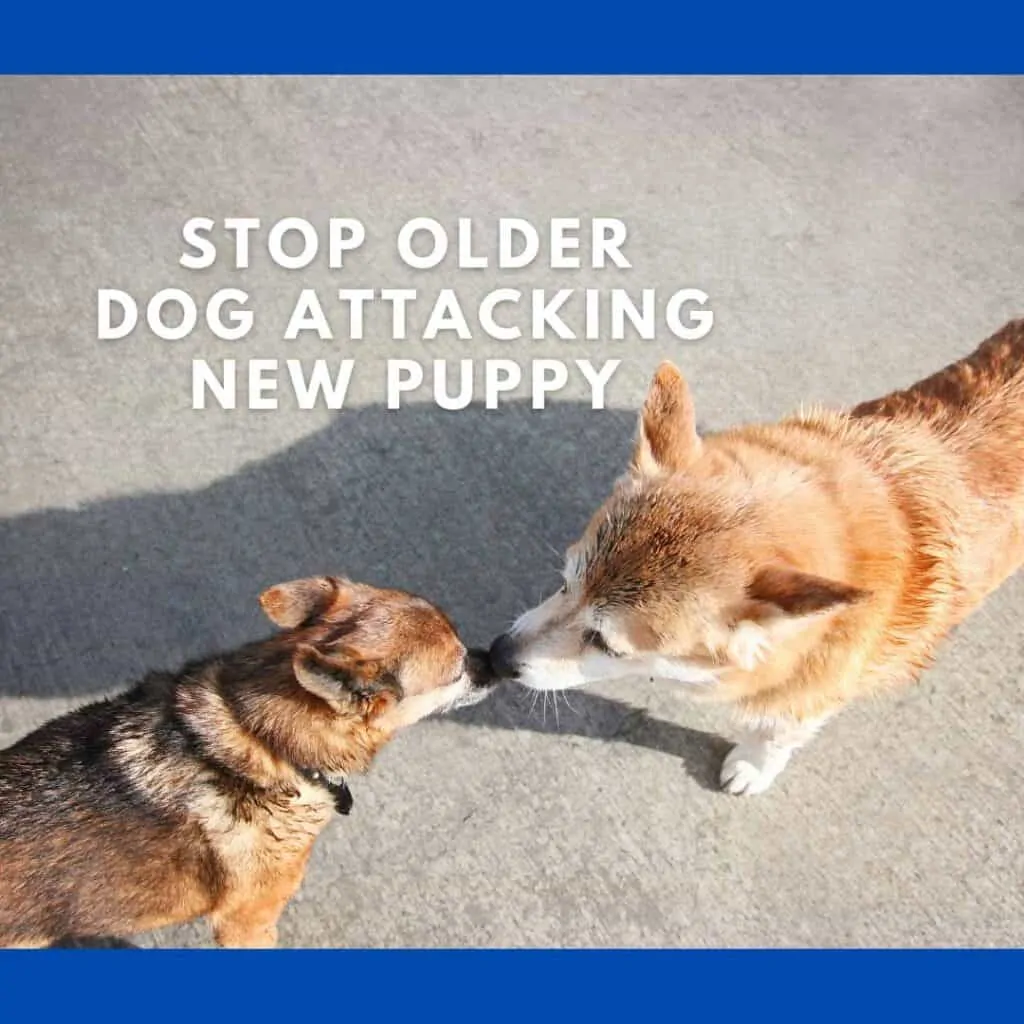
Puppies Need to Be Raised – Just Like Children
If you already have a dog, chances are you know that your puppy needs to be raised. And raising them entrails much more than just teaching them where to do their business and not to chew on furniture.
Only it gets a bit more complicated when there’s an older sibling on the scene. If the newbie is being a pest, it’s your job to scold them because of it.
If you notice the older one getting assertive – growling and snarling – doesn’t deter the new puppy. It’s your job to re-direct them and teach them that what they’re doing is wrong before the older one gets aggressive.
For example: if the older dog is playing with one of their favorite toys and the newer one tries to take the toy away – the older dog might get aggressive and start snarling. If this snarling deters the new puppy, then all is well; you do not need to interfere.
But if the puppy isn’t discouraged, you have to get involved and distract the new puppy with something before the older dog gets physical. And there’s a big chance they will get physical because their territorial instincts are likely to kick in.
But what to do if my older dog is actually aggressive and keeps attacking the new puppy?
Now, of course, there’s a chance that your older dog will have trouble accepting their new sibling. Dogs are territorial creatures, and while some might be just fine, others will react negatively to the interloper.
And that’s precisely how they’ll be perceiving the new puppy. All the more if they notice the new puppy has replaced them as the center of attention. Even if you adopt an older dog instead of a puppy – there can still be attacking or aggression.
Thankfully there are a few things you can do to avoid them clashing.
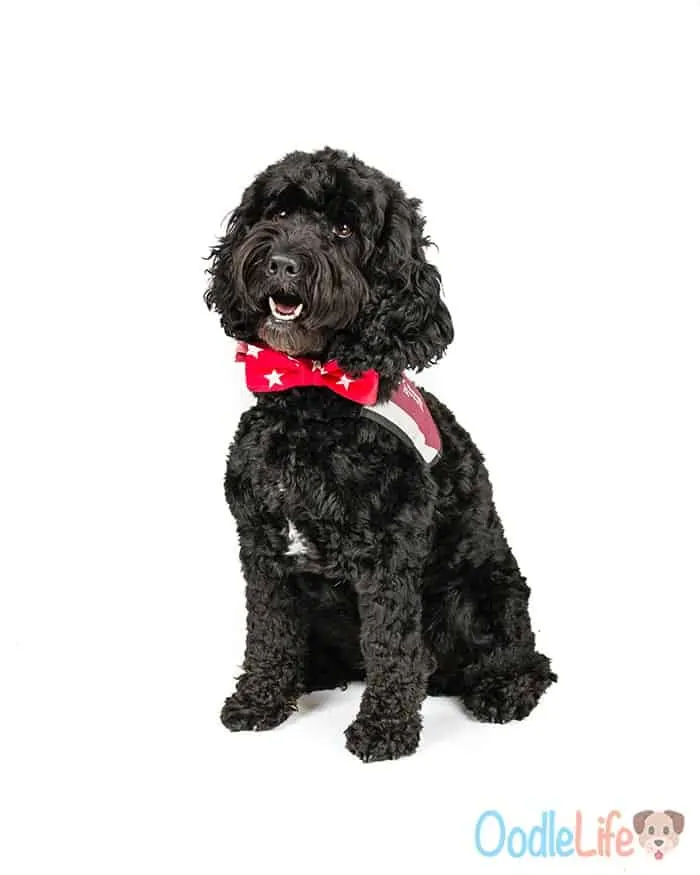
Step One. Introduce Them the Right Way
Keep the pets separate at first, if you can. Different rooms would be ideal, but if that’s not an option – use a baby gate.
Try to avoid face-to-face contact for the first 3-4 days, and let the pets adjust to each other’s smell and sounds first. Then start the interactions in a limited capacity: make sure that it happens on “neutral grounds” and not in either pet’s “sanctuary area” – i.e., where they’re sleeping and keep their toys.
Keep the older dog on the leash and let the new one approach – but do not restrain either one with bare hands. Limit their interaction time and reward both with treats after every interaction: less aggression – more treats.
Step Two. Remove Items Dogs Might Fight Over
Do not introduce any toys or treats while the dogs are getting used to each other – it might stir a conflict. Keep their sleeping and resting areas separate – their toys, food, and water bowls.
Sleeping mats should not be in the vicinity of each other.
Again: dogs get territorial. If they feel like the other is encroaching on their territory and is a threat to their possessions, they will start protesting or fighting. They can be allowed to play with the same toys after they get used to each other – as long as you keep an eye and make sure they’re playing with each other and not fighting over the toy.
If they are – take the toy away and separate the dogs at once.

Step Three. Respect Seniority
Both you and the new puppy must understand that they’re being brought into a pack with established seniority. If you’ve raised your dog right, then you’re the pack leader – but they are senior to the new puppy, and they won’t react well to this seniority not being respected.
The new puppy should understand that the older dog is the “boss dog,” the elder statesmen – and they won’t be able to unless you’re the one teaching them. As when they’re being the pest, it’s your job to scold and punish them if they do not adhere to the rules.
Obviously, that punishment should NOT be physical, do not even think about that – but not getting any treats when they misbehave is a good start.
It can be tricky to strike a balance though, and you don’t want your new puppy feeling isolated or alone. Watch for signs of whining or crying – particularly when holding the puppy. If you see these – carve out some alone time to make your puppy feel loved; just don’t do it while trying to get the two dogs to bond.
Step Four. Bribes Make the World Go Round
Positive reinforcement plays a paramount role in getting both of your dogs to behave. Making them associate each other with something they enjoy will go a long way in making them get along.
Reward them with treats when:
- First introduced to each other (to make them associate these meetings with treats);
- When they sit quietly in the same space and don’t annoy/attack each other;
- When they play together without resorting to aggression;
- When they stop aggressive behavior and separate after you command them to.
- You can play simple nose work games with two dogs too.
Do not give out treats if they:
- Ignore your commands;
- Separate for a while but go back to behaving aggressively;
- Attack each other, and you have to physically separate them from each other.
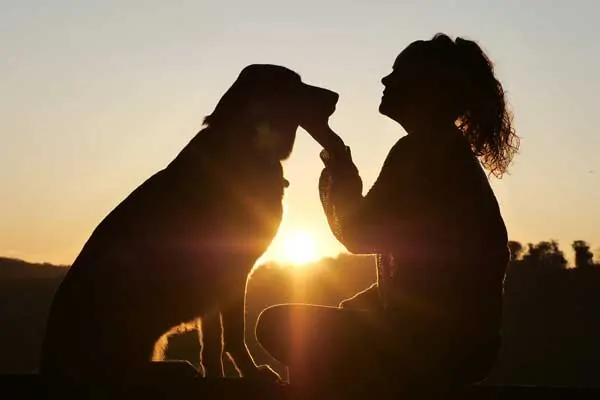
To Summarize:
It’s essential to make a distinction between actual aggressive behavior and establishing boundaries. The latter is to be expected and respected. Your dog will snarl and growl and bark if the new puppy keeps annoying them, but this doesn’t necessarily mean they’re being aggressive and will attack.
They might get aggressive and attack if the new puppy isn’t re-directed and keeps being a pest, but re-directing them is your job – not theirs.
However, they might also get jealous and territorial when bringing the new pet home without even interacting with the puppy. This is also normal – and doesn’t necessarily mean that they’ll never get along.
There are ways to lessen the chances of the older dog getting aggressive and attacking the new one.
What matters the most is that they’ve introduced the right way: keep them separate for the first few days and allow them to get used to each other’s smell and sounds first.
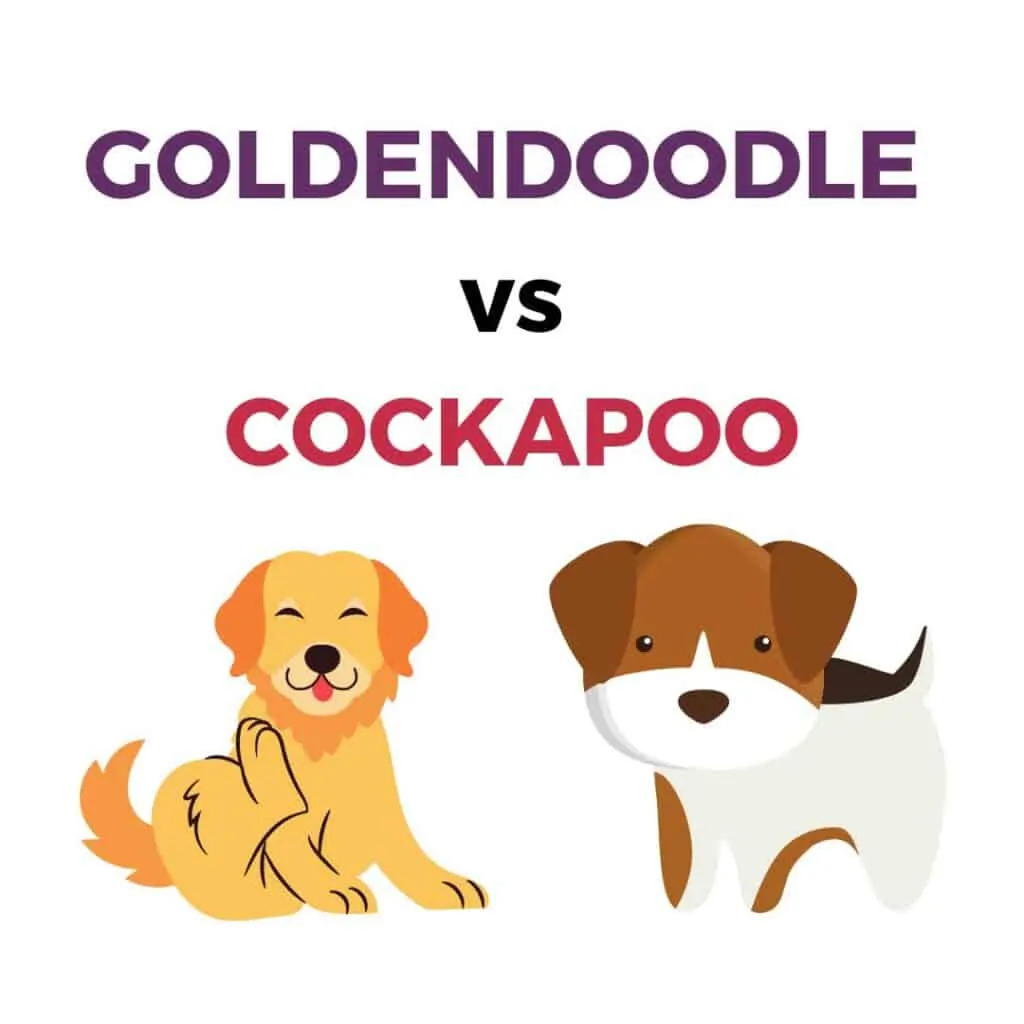
Introduce them to each other in a limited capacity and ensure there’s nothing around that would make the older dog feel the need to assert their dominance: their sleeping areas, toys, food, and water bowls should be separated until they’ve well and truly gotten used to each other.
Treats will play a significant role in soothing the older dog and teaching the new one how they should behave in your household. Ensure that good behavior is always positively reinforced.
Allow treats when they spend time together with no aggression, when they get along, or even when they start getting aggressive. But be sure they listen to your commands and separate when you tell them to.
On the other hand, do not treat them if they ignore your commands, and you have to get physically involved.
And remember: it will take both the older dog and the new puppy time to get used to each other and establish boundaries. Do not act rush and panic the first time you see either of them exhibit aggressive behavior – it might not be an actual problem.
Have you adopted a new puppy? Why not consider an old man dog name? Classy and cute!